Special Class
These days, the atmosphere at the cultural house of Tuan Son village, Tuan Dao commune is more bustling than usual. Dao people listen attentively to members of the digital transformation team instructing them on how to look up news, scan QR codes or compose documents. Tuan Son village is located nearly 10 km from the commune center, where 100% of Dao people live. To improve people's skills, the commune has equipped a set of computers connected to the internet and a printer right at the village cultural house, creating conditions for people to practice after each class. Mr. Hoang Huu Tai excitedly shared: "Before, I only heard about computers but had never used them. Now, with the enthusiastic guidance of the staff, I know how to turn on the computer, look up information and print documents."
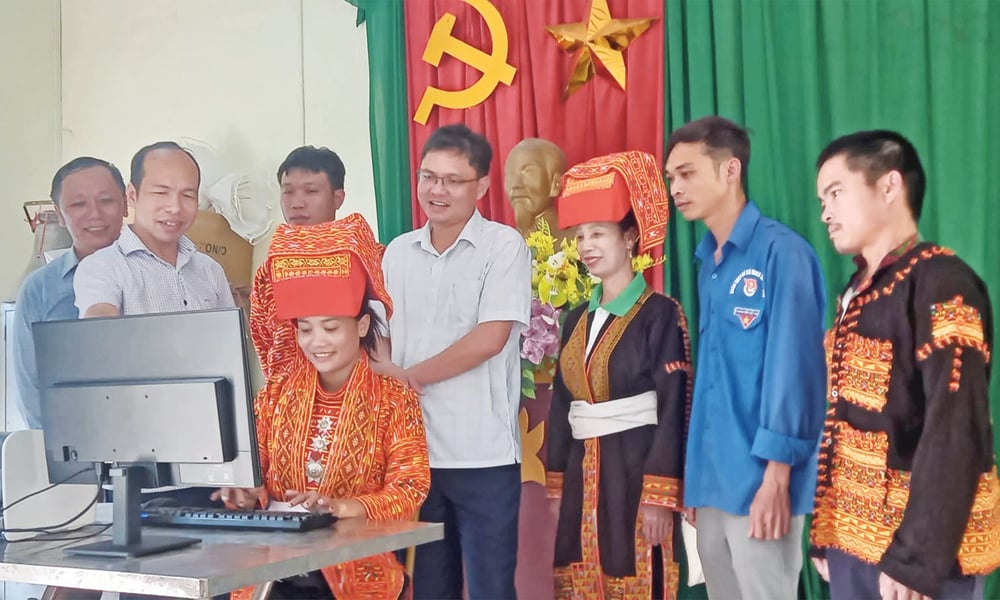 |
Tuan Dao commune's digital transformation team guides people in using basic digital skills. |
According to Ms. Nguyen Thi Huong, Secretary of the Party Cell of Tuan An Village, Tuan Dao Commune, in the past, village officials had to hire typing services to submit reports to the commune. Now, with computers, printers and basic office skills training, everyone can compose documents themselves. At first, they were confused, but after getting used to it, the work became much easier.
In order to effectively implement the "Digital Education for the People" movement, recently, the People's Committee of Tuan Dao commune equipped 12 villages in the area with computers and printers. Mr. Le Duc Hung, Deputy Director of the Commune Public Administration Service Center, said: "The Center sent staff to directly "hold hands and guide", helping people access the internet to learn about livestock and crop farming techniques, enter village statistical data and submit online applications for simple procedures."
Along with community classes, Son Dong Commune Police have just opened a class called “Digital luggage for youth in mountainous areas” at Son Dong Ethnic Boarding School. Every Wednesday evening, 12th grade students eagerly look forward to the special class. With visual teaching methods and parallel practice, commune police officers and soldiers guide students to design posters and short videos using Canva, integrating legal propaganda content and network safety skills. After seven days of studying, the students are more confident in applying technology to their studies, forming creative thinking and teamwork skills.
Spreading the digital learning movement
Recently, the People's Committee of Yen The commune launched the "Digital Education for the People" movement associated with the goal of building an e-government. According to the leaders of the People's Committee, currently 100% of villages have fiber optic connections, 3G/4G network covering the entire area; more than 90% of administrative procedures are processed online; data on household registration, health, education and land are digitized synchronously. Ms. Hoang Thi Lan, Tan Soi village confided: "At first, I was afraid that I was too old and could not learn, but thanks to the step-by-step guidance of the staff, I learned how to read the news, watch videos teaching fruit tree planting, and learn more about animal husbandry techniques, so I was very excited."
| Recently, departments, branches and localities in the province have simultaneously launched the "Digital Education for All" movement with many diverse methods, suitable for each target group. Aiming at the province's goal, by the end of 2026, 100% of cadres, civil servants and public employees will have an understanding of digital transformation, digital knowledge and skills, and be able to use digital platforms and services for work; 100% of high school students and university students will be equipped with digital knowledge and skills to serve learning, research and innovation, ensuring safe social interactions in the digital environment; 100% of people of adult age will have basic knowledge of digital transformation and use basic digital skills... |
Not only localities have proactively implemented the "Digital Literacy for All" movement, recently, the Department of Ethnic Minorities and Religions has also coordinated with the Department of Science and Technology to organize 10 training courses on information technology application skills for ethnic minorities in Van Son and Duong Huu communes. Trainees were instructed to promote agricultural products on e-commerce platforms, look up online public services and use social networks safely. Many farmers have learned to update agricultural product prices and learn cultivation techniques via YouTube and Zalo; small traders know how to sell via Facebook and use online ordering applications.
According to Mr. Nguyen Van Tuan, Deputy Director of the Center for Information Technology and Communications (Department of Science and Technology) - who directly teaches at the "Digital Literacy" classes, it is not easy for people in mountainous areas to learn digital technology because most of them are old, have little contact with devices, and some are even illiterate. However, when they see that technology is associated with life, helps consume agricultural products, submits documents conveniently, is an effective means of communication with children and grandchildren... they proactively learn very quickly. In the process of imparting knowledge, the reporters always try to teach slowly so that everyone can understand and do it.
In order for the "Digital Literacy for All" movement to spread widely, in the coming time, Bac Ninh will focus on consolidating digital infrastructure and improving community digital capacity; expanding high-speed internet network, stable coverage to 100% of villages, especially in mountainous areas and residential areas far from the center. At the same time, encourage telecommunications enterprises and social organizations to support equipment and free data packages for community learning points, creating conditions for everyone to have the opportunity to get acquainted with technology. Diversify digital learning models associated with people's lives. Strengthen training and fostering the "digital core" force at the grassroots level, because this is the core force to support people in mountainous areas and ethnic minority areas to learn and use technology proactively and sustainably.
Some new points in the decree on ethnic minority policy
The Government has just issued Decree No. 272 on demarcation of ethnic minority and mountainous areas for the 2026-2030 period. The Decree consists of 6 chapters and 14 articles, regulating criteria for determining and delimiting villages, communes, and provinces in ethnic minority and mountainous areas; criteria for delimiting villages with special difficulties; criteria for delimiting communes according to development level; procedures, records, authority for determining, delimiting, and announcing results; effectiveness of the delimitation list; responsibilities of agencies and organizations in organizing implementation. Below are some notable new points: Criteria for determining villages, communes, and provinces in ethnic minority areas Ethnic minority villages are villages where 15% or more ethnic minorities live stably. An ethnic minority commune is a commune where 15% or more ethnic minorities live stably or where 4,500 or more ethnic minorities live stably. An ethnic minority province is a province where 15% or more of the ethnic minority population lives stably, or where two-thirds or more of the communes are ethnic minority communes. Criteria for determining mountainous villages, communes and provinces A mountain village is a village with at least two-thirds of its natural area located at an altitude of 200 m or more above sea level or with at least two-thirds of its area having a terrain slope of 15% or more. A mountainous commune is a commune with at least two-thirds of its natural area located at an altitude of 200m or more above sea level or with two-thirds or more of its villages being mountainous villages. A mountainous province is a province with at least two-thirds of its natural area located at an altitude of 200m or more above sea level or with two-thirds or more of its communes being mountainous communes. Criteria for particularly difficult villages A particularly difficult village is a village in an ethnic minority or mountainous area that has at least 2 of the 3 criteria: The multidimensional poverty rate is 4.0 times or more higher than the general multidimensional poverty rate of the whole country (in the Mekong Delta alone, it is 2.0 times or more). Less than 60% of village and inter-village roads are paved, ensuring convenient car travel all year round. The rate of households with electricity purchase contracts is under 90%. The Decree takes effect from December 1, 2025. In case the list of villages, communes and provinces as prescribed in this Decree has not been announced by January 1, 2026, the current list issued under Decision No. 33 dated November 12, 2020 of the Prime Minister shall continue to be temporarily applied. The application period shall not exceed March 31, 2026. TS (t/h) |
Source: https://baobacninhtv.vn/bac-ninh-xay-dung-xa-hoi-hoc-tap-so-o-vung-dong-bao-dan-toc-postid431495.bbg


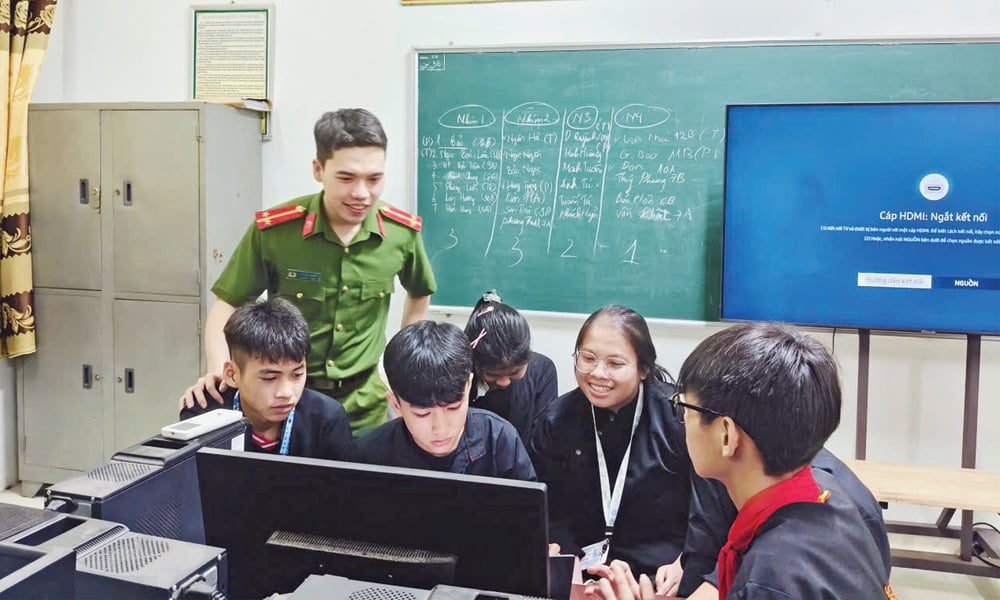


![[Photo] General Secretary To Lam receives President of the Senate of the Czech Republic Milos Vystrcil](/_next/image?url=https%3A%2F%2Fvphoto.vietnam.vn%2Fthumb%2F1200x675%2Fvietnam%2Fresource%2FIMAGE%2F2025%2F11%2F21%2F1763723946294_ndo_br_1-8401-jpg.webp&w=3840&q=75)
![[Photo] President Luong Cuong receives Speaker of the Korean National Assembly Woo Won Shik](/_next/image?url=https%3A%2F%2Fvphoto.vietnam.vn%2Fthumb%2F1200x675%2Fvietnam%2Fresource%2FIMAGE%2F2025%2F11%2F21%2F1763720046458_ndo_br_1-jpg.webp&w=3840&q=75)
![[Photo] National Assembly Chairman Tran Thanh Man holds talks with President of the Senate of the Czech Republic Milos Vystrcil](/_next/image?url=https%3A%2F%2Fvphoto.vietnam.vn%2Fthumb%2F1200x675%2Fvietnam%2Fresource%2FIMAGE%2F2025%2F11%2F21%2F1763715853195_ndo_br_bnd-6440-jpg.webp&w=3840&q=75)
![[Photo] Visit Hung Yen to admire the "wooden masterpiece" pagoda in the heart of the Northern Delta](/_next/image?url=https%3A%2F%2Fvphoto.vietnam.vn%2Fthumb%2F1200x675%2Fvietnam%2Fresource%2FIMAGE%2F2025%2F11%2F21%2F1763716446000_a1-bnd-8471-1769-jpg.webp&w=3840&q=75)
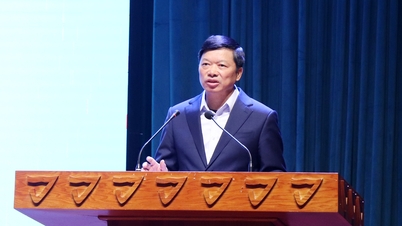
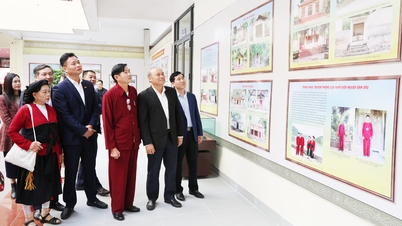
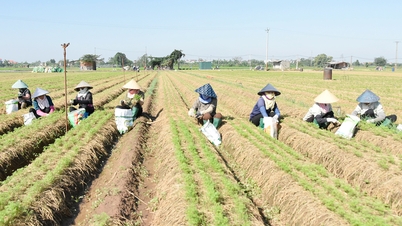
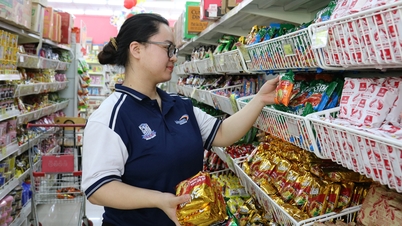
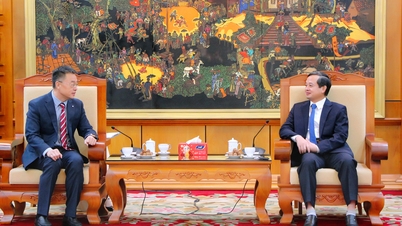
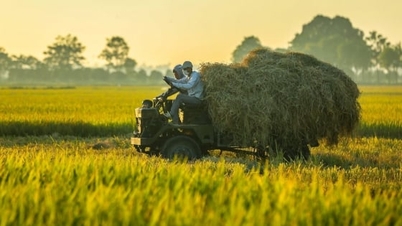

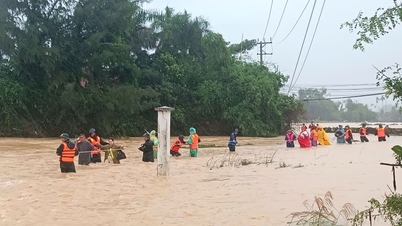

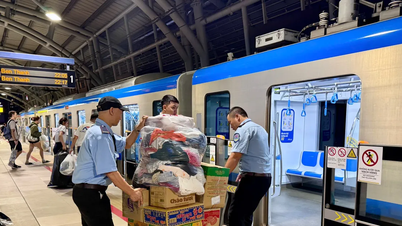

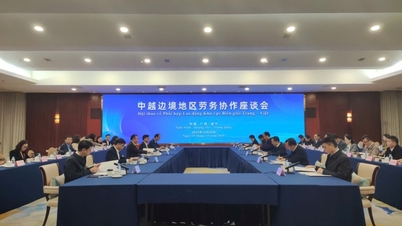

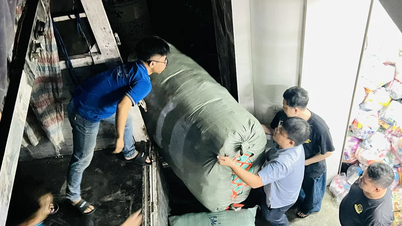








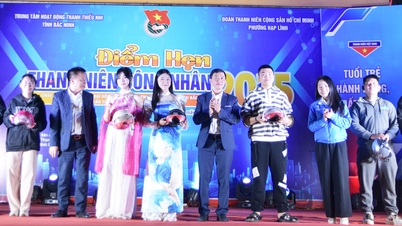
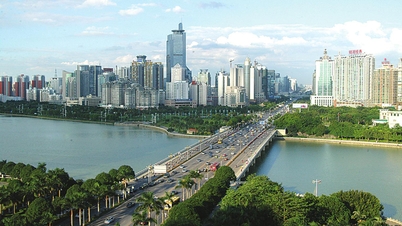
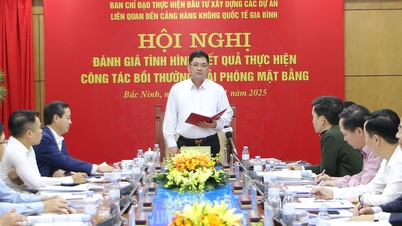
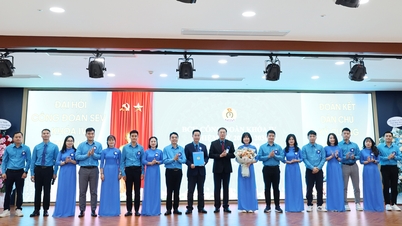

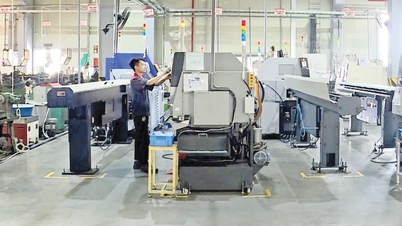












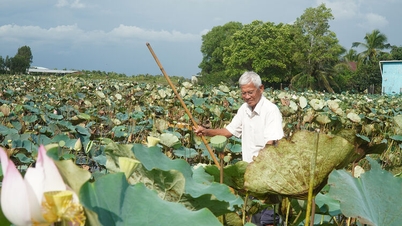

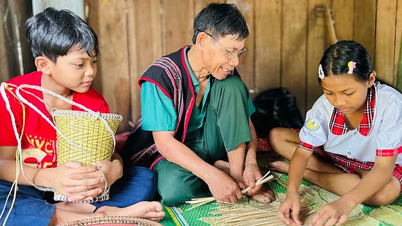











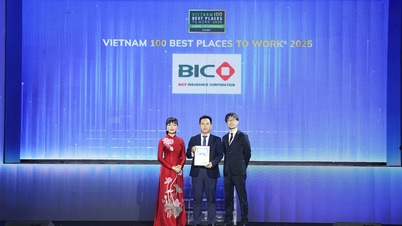




















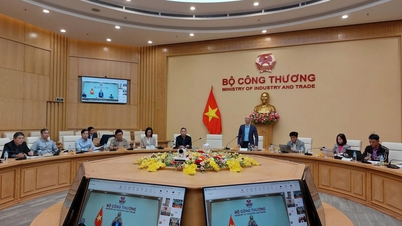





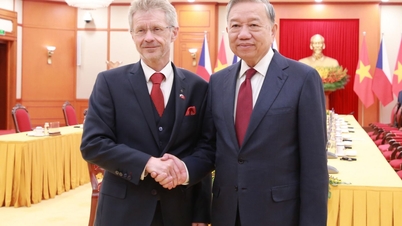
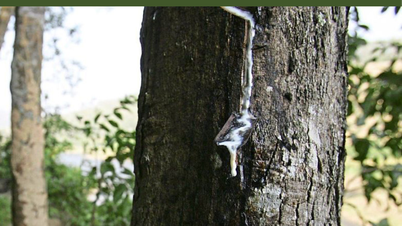
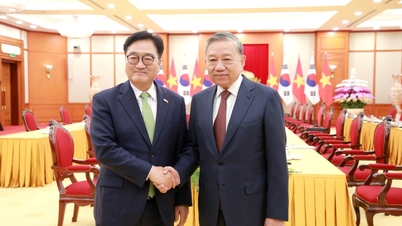

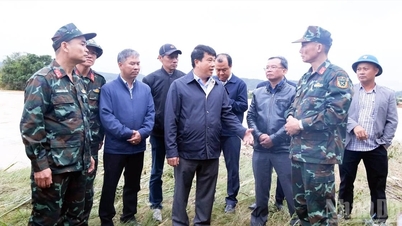
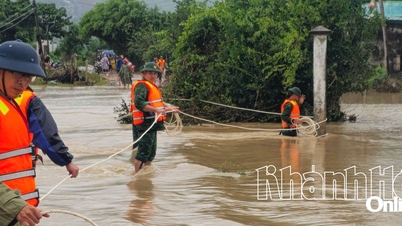
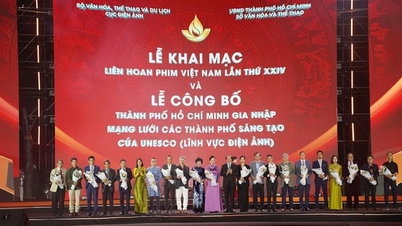











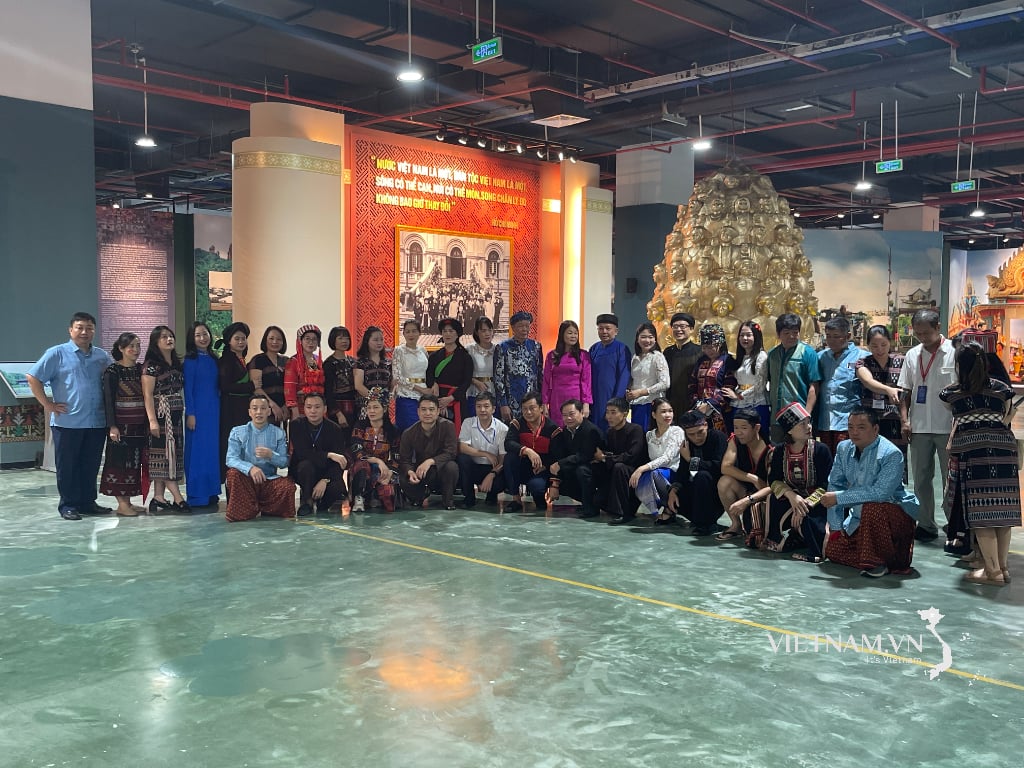


Comment (0)